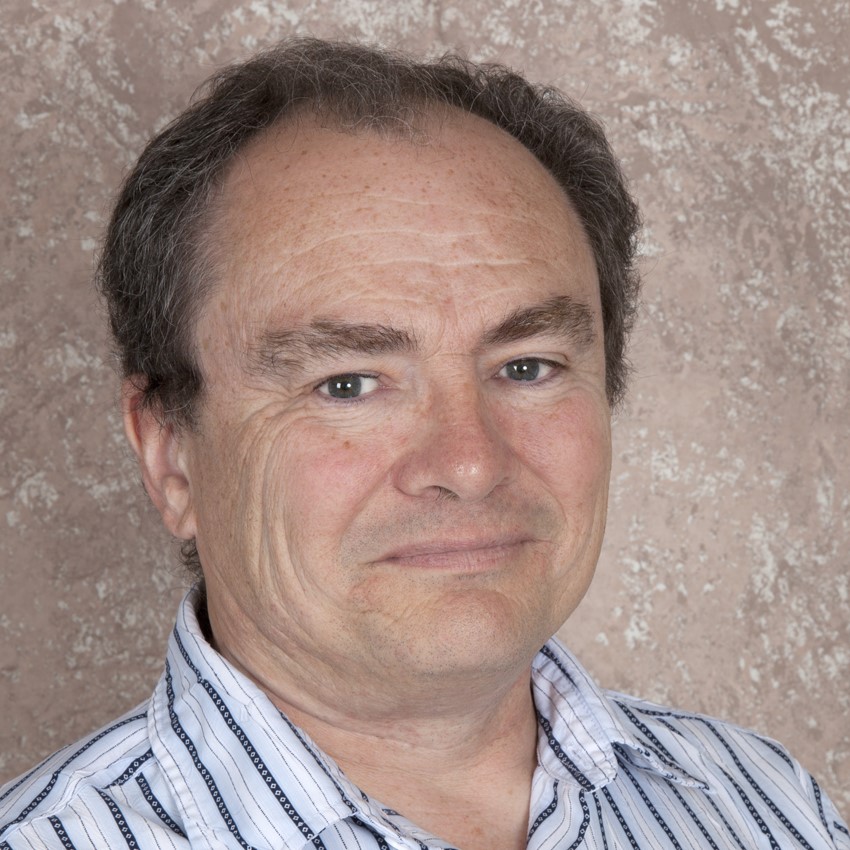Biography
Overview of interests
Initially a researcher in the field of cardiac electrophysiology, Dr. Désilets’ career now focuses on teaching human physiology, anatomy and pathophysiology. I have contributed to the creation of many interactive activities online, animations and simulations. My most recent pedagogical work revolves around the development of virtual laboratories as selflearning tools intended for students in Medicine and Health Sciences.
Teaching philosophy
Any pedagogical approach must aim at developing autonomous learning. The central theme that guides my teaching is certainly one that puts self-learning as the ultimate educational achievement. Learners may quickly forget basic notions that are taught in class but they do not unlearn methods that allow them to reappropriate the same concepts and to integrate them in new contexts. All of my approaches are directed towards that goal: how to promote the assimilation of basic concepts that will enable the students to consolidate and further develop autonomously their own knowledge?
Educational achievements
- Interactive activities: various interactive learning tools have been developed in collaboration with the e-Learning Centre of the University of Ottawa. Nearly a hundred exercises have thus been created and many are under development.
- Virtual Labs: these laboratories are now an integral part of several physiology and pathophysiology courses for students in Medicine and Health Sciences. They consist of using mathematical models that reproduce the physiological functions of the human body. These virtual labs aim to provide concrete applications of the theoretical concepts and to promote scientific thinking via the experimental approach.
- Modules for self-study and tutorials for medical students. These original documents have been developed for both francophone and anglophone first year medical students.
- Optional sessions of anatomy laboratories. Organized since 2011 to promote interprofessional education, this activity offers a unique opportunity for direct learning interaction between over two hundred Medicine and Health Sciences students every year. In recognition of these achievements, I was a recipient of a 2014 Capital Educators’ award for excellence in teaching.
